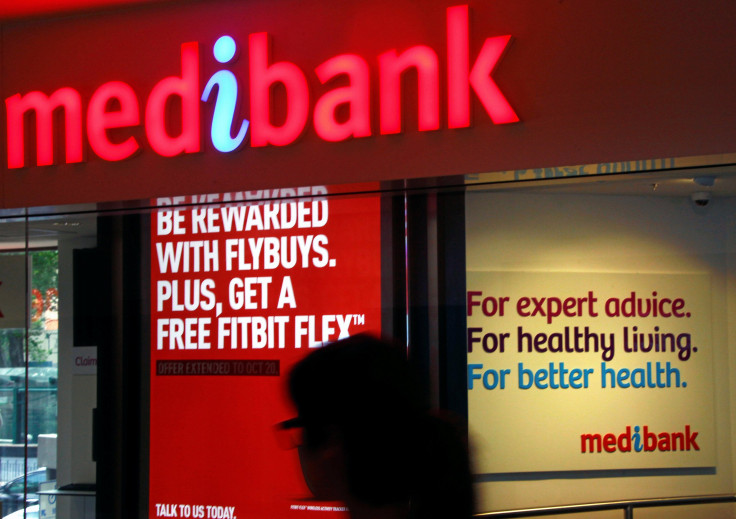Aussies urged to get better understanding of their private health insurance

Aussies are purchasing “useless” health insurance, the Australian Medical Association president told a federal parliamentary committee in Sydney on Tuesday. Dr Michael Gannon also blamed the health insurance industry for limiting choices for consumers by “controlling what services are provided.”
Gannon encouraged Australians to better understand their private health insurance. He said the problem was that consumers believe they were covered, but have actually purchased a product that is “useless.”
“If a policy does nothing more than avoid the tax penalty, how is it not a junk policy?” Gannon asked. The AMA head urged the committee to learn why it was costing insurers as much to run their businesses as it was to pay doctors to treat patients.
According to Gannon, insurers try to persuade the government that they could reduce health expenditure by controlling what services are provided. These were said to be low-value care the AMA did not support.
Gannon took aim at the federal government’s freeze on Medicare rebates. He said a huge source of gaps is the extended freeze on Medicare Benefits Schedule (MBS) rebates, “which has led to insurers also freezing payments to doctors or indexing well below inflation,” The Guardian reports.
Meanwhile, the Senate has been warned that health fund members might be cheated out of cuts to health fund premiums unless Australia’s chief financial watchdog audits books. Health Minister Greg Hunt has cut by $1.5 billion the amount health funds must pay manufacturers of medical devices to drive down premiums.
To ensure that consumers get access to the promised medical device price savings, the Medical Technology Association of Australia (MTAA) urged the Australian National Audit Office (ANAO) to be given the power to audit the books of insurers. “Given the scale of the savings they are receiving we think no more than a CPI increase next year is reasonable,” Chief Executive Officer of the Medical Technology Association of Australia Ian Burgess said.
In 2018, private health insurance premiums could be $150 lower following the federal government’s move to change the way it prices hip and knee replacements. Australians using private hospitals were said to spend $900 million per year too much for medical devices under the outdated government pricing system.
For instance, a pacemaker that cost $13,520 in Australia is being sold for only $5840 in Japan. A hip replacement part is being purchased in Australia for $5,150; it is only $1,225 in France.





















